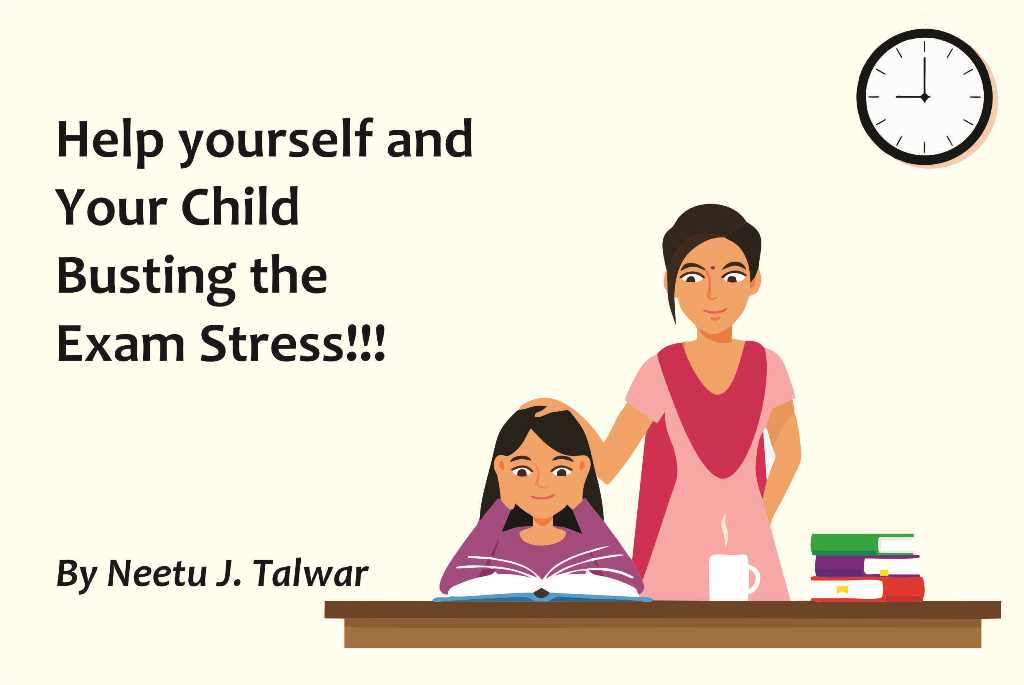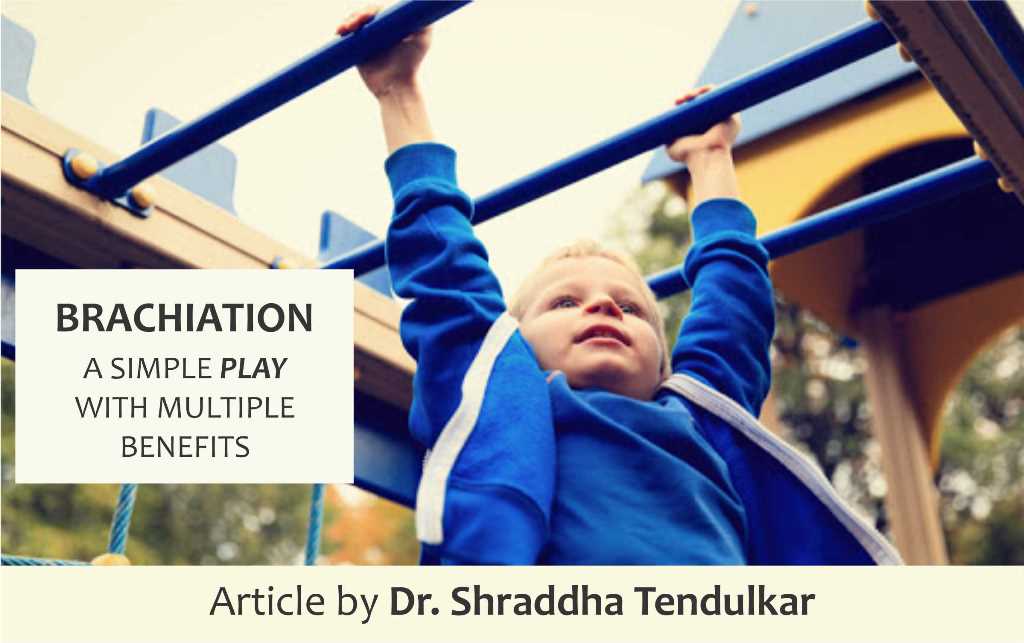World Health Organization defines drug addiction as follows:
“Drug addiction is the state of periodic or chronic intoxication detrimental to the individual and to society, produced by the repeated consumption of a drug (natural or synthetic). Its characteristics include (1) an overpowering desire or need (compulsion) to continue taking the drug and to obtain it by any means (2) a tendency to increase the dosage, and (3) a psychic (psychological) and sometimes physical dependence on the effects of the drug.”
This is emerging as a challenge that requires immediate attention and policy intervention from Indian government. Young generation is the premise to build future of the nation and if current generation is deeply immersed with such addiction, nation will be deprived of productive human resources in the future.
Teens who abuse drugs may have a greater risk of developing an addiction when they grow adults. Drugs have a more drastic effect on children and teens than on adults because the brain continues to develop until about age 20. In young age alcohol and other drugs disrupt brain development. They negatively affect a person’s memory and ability to respond to stimuli and to respond to stressful situations.
Anyone who tries a drug initially never plans to become addicted. Just because a teen has tried drugs or alcohol doesn’t mean he/she will become an addict. There is difference between drug abuse and addiction. Addiction occurs when frequent usage of drugs effects brain functions over time. The transition from voluntary to compulsive drug use reflects changes in the brain’s natural inhibition and reward centers that keep a person from exerting control over the impulse to use drugs. Developing brains are also more prone to addiction. Teenager’s brain adapt more quickly to repeated drug use, leading to cravings and dependence.
There is no single reason why teenagers use drugs or alcohol. But here are some of the core issues and influences behind the behaviour of teenage drug and alcohol use.
Curiosity: Many teens begin experimenting with drugs and alcohol simply because they are curious and want to know what it feels like. Even if they know that drugs are bad, they don’t believe that anything bad can actually happen to them.
Peer Pressure: Peers are most influential at this stage of life. Many teens use drugs “because others are doing it”—or they think others are doing it—and they fear not being accepted in a social circle that includes drug-using peers.
Having Fun : Past studies used to point to “having fun” as the number-one reason teens using drugs. It’s fun getting drunk or high with friends, sharing an intensely pleasurable drug-induced euphoria. Teens don’t get addicted to substance but they get addicted to the mood that the substance brings. Abused drugs interact with the neurochemistry of the brain to produce feelings of pleasure. The intensity of this euphoria differs by the type of drug and how it is used.
Lack of Confidence/ Low Self-Esteem: A study reported that most of the teens say that they use drugs to “feel cool.” Teens’ self-worth depends on the approval of others, and their desire for social acceptance can drive them to engage in destructive behaviors, even if they know it could harm them. Teens who have low self-esteem are more likely to seek acceptance from the wrong crowd by using drugs.
Stress: Some teens turn to drugs and alcohol as a form of escapism. Many teenagers are overly stressed with a packed schedule of advanced classes and extracurricular activities. A lack of coping skills can lead them to seek an artificial method of coping with stress. When they feel stressed or pressurized they see these substances as a way to forget existing problems and feel happier.
Misinformation: Studies show that teens are widely misinformed about the risk/dangers attached to drugs abuse. Teens who perceive little risk in using drugs are more likely to use drugs. Teens need to be educated by parents and teachers about the specific risks of drugs.
If you are concerned that your teen might be using drugs, here are some common warning signs to watch for.
Behavioural Changes:
- Decreased interest in activities and hobbies.
- Isolating themselves from friends or family.
- Acting secretive.
- Avoiding eye contact.
- Changing friends or social circles.
- Extreme highs and lows
- Slurred or rapid-fire speech.
- Unusual tiredness
Physical Changes:
- Bloodshot Eyes.
- Poor hygiene
- Smell of smoke on breath or clothes
- Excessive thirst or hunger
- Sudden weight loss or gain
- Coordination problems
- Nausea and vomiting
- Shakes or tremors
- Pinpoint pupils
The most common drugs abused by teens aren’t much different from those of adults. But the reasons for abuse may be different as teens often abuse a substance based on its accessibility. Teens are also more likely to take excessive amounts of drugs and alcohol because of how they perceive the risks and dangers.
Alcohal: Intake in liquid state e.g Beer, Whisky, Rum, Vodka
Marijuana: Also called weed, pot, grass, ganja and many more other slang names. It’s get consumed by smoking and vaporizing
Prescriptions and Over-the-counter Medications: Pills, Capsules, Injections, Syrups
Smack (Heroine): is a white or brown. It can be mixed with water and injected with a needle. Heroin can also be smoked or snorted up the nose. Also called Snow, White lady, Horse, H, Eagle, Chitta, Brown Sugar, Mud
Recognition and prevention of drug use can end an emerging problem before it starts. Parents can play an important role in keeping their kids away from this curse.
Strong Bond: Have a strong bond with your child. Teens who have healthy relationships with their parents may be more likely to discuss their encounters with drugs.
- Having at least one meal a day with the entire family present
- Making time to talk with teenagers regularly to check in with their feelings, activities and behaviours
- Getting to know a teenager’s friends and their parents
- Communicating with teachers and school counselors on an ongoing basis
- Participating in community activities that keep schools and neighborhoods safe for teenagers
- Attending your teen’s school activities and showing support for her interests
- Letting your teenager know every day that you love him and care about his future
Teach Your Teen How to Say No to Friends: Friends are important. Teens trust their friends, and they seek their approval. However, children need to know how to resist peer pressure and make their own decisions. If a friend offers alcohol or drugs, your child must understand the power of saying no. When surrounded by friends who avoid drugs and alcohol, saying no becomes easier. Encourage your teen to hang out with friends who choose not to use alcohol and other drugs.
Discuss Risk involved in Substance abuse: Being involved in your teen’s life is one of the best ways to prevent substance abuse. Having open and honest discussions about the dangers of drinking, drug use and peer pressure can make a huge difference. Parents who do not want their kids getting drunk and using drugs should begin by sending a strong message to their children about the importance of avoiding drugs and alcohol.
Be a Role Model: One of the most important ways parents influence their children is by being positive role models. Teens mimic what they see. That means parents should keep alcohol and other drugs away from the home. If you drink in front of your children, do so in moderation and explain why it’s important for kids to abstain from alcohol until their brains are fully developed.
Engage them in Physical & other recreational activities: Keep them busy in sports, art, music, dance or any other activity they want to pursue in life. People those who pursue their hobbies have lesser chance to get addicted.
Key Points:
- Many teens experiment with drugs, but aren’t addicted.
- No one who tries a drug; plan to become addicted.
- Some people can have one drink or one hit and stop. It’s not as easy for others — especially those who have a family history of addiction.
- Teens don’t get addicted to substance they get addicted to the mood that the substance brings.
- Teens who perceive little risk in using drugs are more likely to use drugs.
- Many shy teenagers who lack confidence report that they’ll do things under the influence of alcohol or drugs that they might not otherwise.
- Recognition and prevention of drug use can end an emerging problem before it starts.
- The most common drugs abused by teens aren’t much different from those of adults. But the reasons for abuse may be different as teens often abuse a substance based on its accessibility
“Let’s raise children who don’t have to recover from mistakes of childhood in their youth”
Manish Sharma
Parenting Coach









